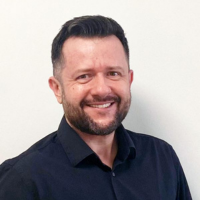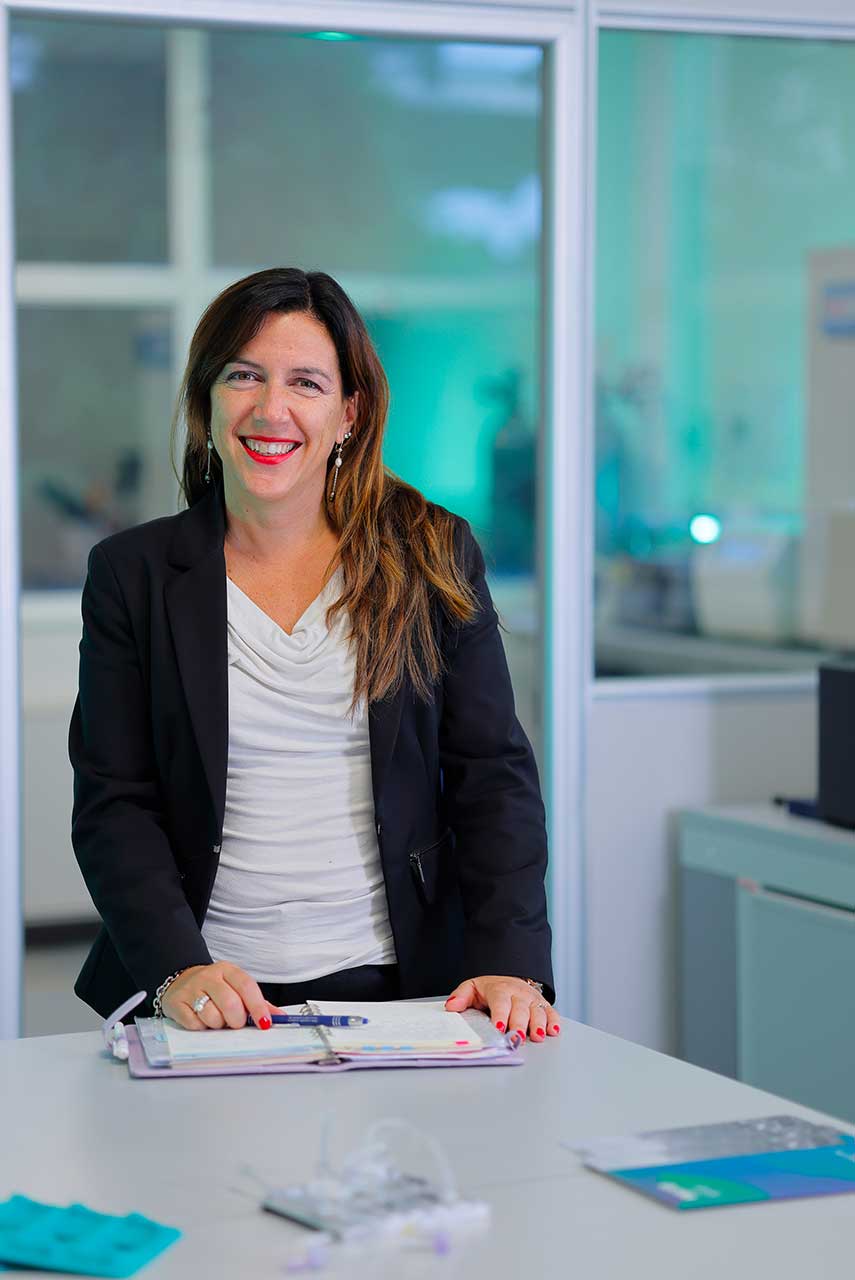Animal models have been widely applied for assessing the bioavailability and toxicity of drugs and other substances. However, such testing has many limitations, including ethical issues and often limited translatability to human conditions. Hence, in vitro models are needed to guide the design of molecules or dosing schedules that mitigate safety risks in humans.
Over the years, we have generated and successfully implemented 3D reconstructed models of many types of human epithelia.
However, especially the study of ADME mechanisms greatly benefits from the presence of fluid flows resembling the bloodstream. Organs-on-chips (OOCs) offered the chance to recreate models of different tissues, speeding up the drug discovery and development processes. In this scenario, the MIVO® culture chamber can host human tissues under physiological conditions, providing a fluidic circulation below the tissue that mimics the human circulatory system.
In this webinar, we will discuss selected established new models and their use to predict the toxicity and kinetics of drugs and other compounds administered orally or via different routes.


ABOUT THE SPEAKER
Dr. Jan Markus received his PhD from Comenius University in Bratislava, Slovakia and did his postdoctoral training at National Cancer Institute NIH, Bethesda, USA. Before joining Mattek he worked as a senior scientist at Department of Clinical Genetics in St. Elizabeth Cancer Institute in Bratislava with primary interests in development and implementation of molecular biology tests for hereditary and sporadic cancers. Currently he is responsible for research projects and production of tissue models at EU branch of MatTek. He is a member of Scientific Board at Centre of Experimental Medicine of Slovak Academy of Sciences. At MatTek he manages production of intestinal and tracheobronchial model. He is also involved in the development and validation of new approaches aimed at reduction of in vivo testing and participates on several projects financed by EU. His areas of expertise include cell and tissue biology, molecular biology, and oncology.
Silvia Scaglione is the founder and chief scientist of React4life, author of more than 80 international peer-reviewed papers, and owner of 7 patents. She coordinated a Future Emerging Technology (FET-OPEN) European H2020 project, entitled “Modeling spontaneous Breast cancer metastasis TO the Bone with a first-of-its-kind 3D device that recapitulates physiological tissue-level complexity -B2B”. She’s been nominated as Ambassador of the European Innovation Council (EIC) for her capacity to bring basic research results to the market, generating impact for society. She has also won the innovative start-up award of Gamma Donna 2021.

